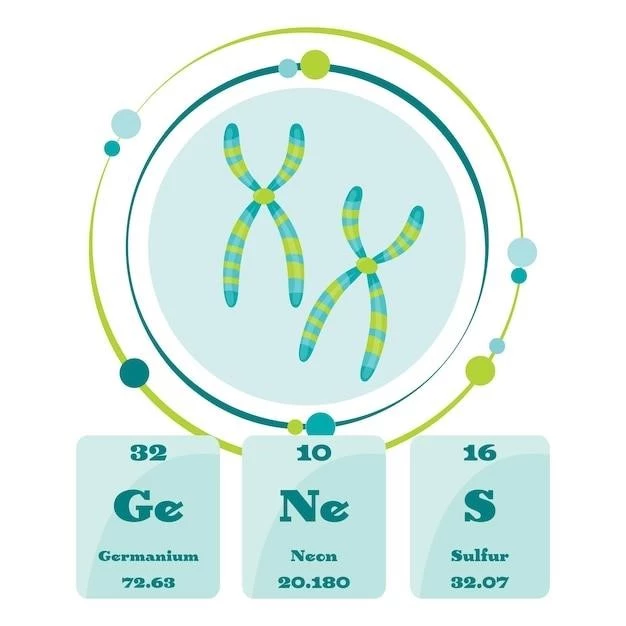Cytosolic phosphoenolpyruvate carboxykinase deficiency (PCKDC) is a rare metabolic disorder caused by a defect in the cytosolic phosphoenolpyruvate carboxykinase 1 (PKC1) gene;
Introduction to PCKDC
Phosphoenolpyruvate carboxykinase deficiency (PCKDC) is a rare metabolic disorder attributed to a defect in the cytosolic enzyme phosphoenolpyruvate carboxykinase 1 (PKC1). Clinical manifestations include hypoglycemia, lactic acidosis, liver failure, and neurological decline. Research focuses on genetic mutations, metabolic pathways, and potential treatments for this condition.
Clinical Presentation and Diagnosis
Phosphoenolpyruvate carboxykinase 1 deficiency presents with symptoms like hypoglycemia, lactic acidosis, liver failure, and neurological decline. Diagnosis involves genetic testing and metabolic assessments.
Symptoms and Onset
Phosphoenolpyruvate carboxykinase 1 deficiency typically manifests with symptoms such as hypoglycemia, lactic acidosis, liver failure, and progressive neurological deterioration. Onset usually occurs in neonates or within a few months after birth, often leading to severe complications impacting various bodily systems.
Diagnostic Methods
Diagnostic methods for phosphoenolpyruvate carboxykinase 1 deficiency include genetic testing to identify mutations in the PCK1 gene and metabolic assessments to evaluate gluconeogenic pathway functionality. Additionally, imaging studies and liver biopsies may aid in diagnosis.

Genetic Basis of PCKDC
Cytosolic phosphoenolpyruvate carboxykinase deficiency is caused by mutations in the PCK1 gene.
PCK1 Gene Mutation
Phosphoenolpyruvate carboxykinase 1 deficiency is primarily caused by genetic mutations in the PCK1 gene, resulting in impaired enzymatic function and disruption of gluconeogenic pathways. These mutations may be inherited in an autosomal recessive pattern, affecting the liver, kidney, and adipose tissues.
Inheritance Pattern
The inheritance pattern of phosphoenolpyruvate carboxykinase 1 deficiency is typically autosomal recessive, where individuals inherit two mutated copies of the PCK1 gene. This genetic condition affects various tissues and organs, leading to metabolic disruptions and clinical symptoms.
Phosphoenolpyruvate carboxykinase 1 deficiency affects gluconeogenic pathways and the function of the PCK1 gene.
Metabolic Pathways and Enzyme Functions
Phosphoenolpyruvate carboxykinase 1 plays a crucial role in gluconeogenesis٫ a metabolic pathway involved in glucose production.
Gluconeogenesis and Energy Production
Phosphoenolpyruvate carboxykinase 1 deficiency impacts energy production through disruptions in the gluconeogenesis pathway, leading to metabolic imbalances.
Management of phosphoenolpyruvate carboxykinase 1 deficiency involves avoiding fasting and dietary adjustments for optimal care.
Management and Treatment Strategies
Patients with phosphoenolpyruvate carboxykinase 1 deficiency require strict adherence to dietary considerations to avoid fasting and maintain stable blood glucose levels. Additionally, incorporating specially tailored nutrition plans is crucial for managing this metabolic disorder effectively.
Supportive Care and Monitoring
Patients with phosphoenolpyruvate carboxykinase 1 deficiency require regular monitoring and supportive care to manage symptoms and potential complications effectively. Close medical supervision and ongoing evaluation are essential for optimizing patient outcomes and addressing any emerging medical needs promptly.

Research and Advances in PCKDC
Recent studies focus on understanding genetic mutations, metabolic pathways, and potential treatments for phosphoenolpyruvate carboxykinase 1 deficiency.
Current Studies and Clinical Trials
Current research on phosphoenolpyruvate carboxykinase 1 deficiency includes clinical trials and studies focusing on genetic mutations, metabolic pathways, potential treatments, and management strategies for this rare metabolic disorder.
Future Prospects and Potential Therapies
Future prospects for phosphoenolpyruvate carboxykinase 1 deficiency focus on exploring novel therapies, including gene therapies, enzyme replacement strategies, and precision medicine approaches to address the underlying genetic mutations and metabolic dysregulations associated with this rare metabolic disorder.
Support Resources and Organizations
Access support from NORD and the MedicAlert Foundation for individuals with phosphoenolpyruvate carboxykinase 1 deficiency.
NORD and Rare Disease Support
NORD and the MedicAlert Foundation offer valuable support and resources to individuals affected by phosphoenolpyruvate carboxykinase 1 deficiency, providing assistance in emergencies and enhancing overall care and safety for rare disease patients.
We could not find specific information for the subheading ‘
Collaboration with MedicAlert Foundation
‘ on the topic ‘Disease⁚ Phosphoenolpyruvate carboxykinase 1 deficiency’.
